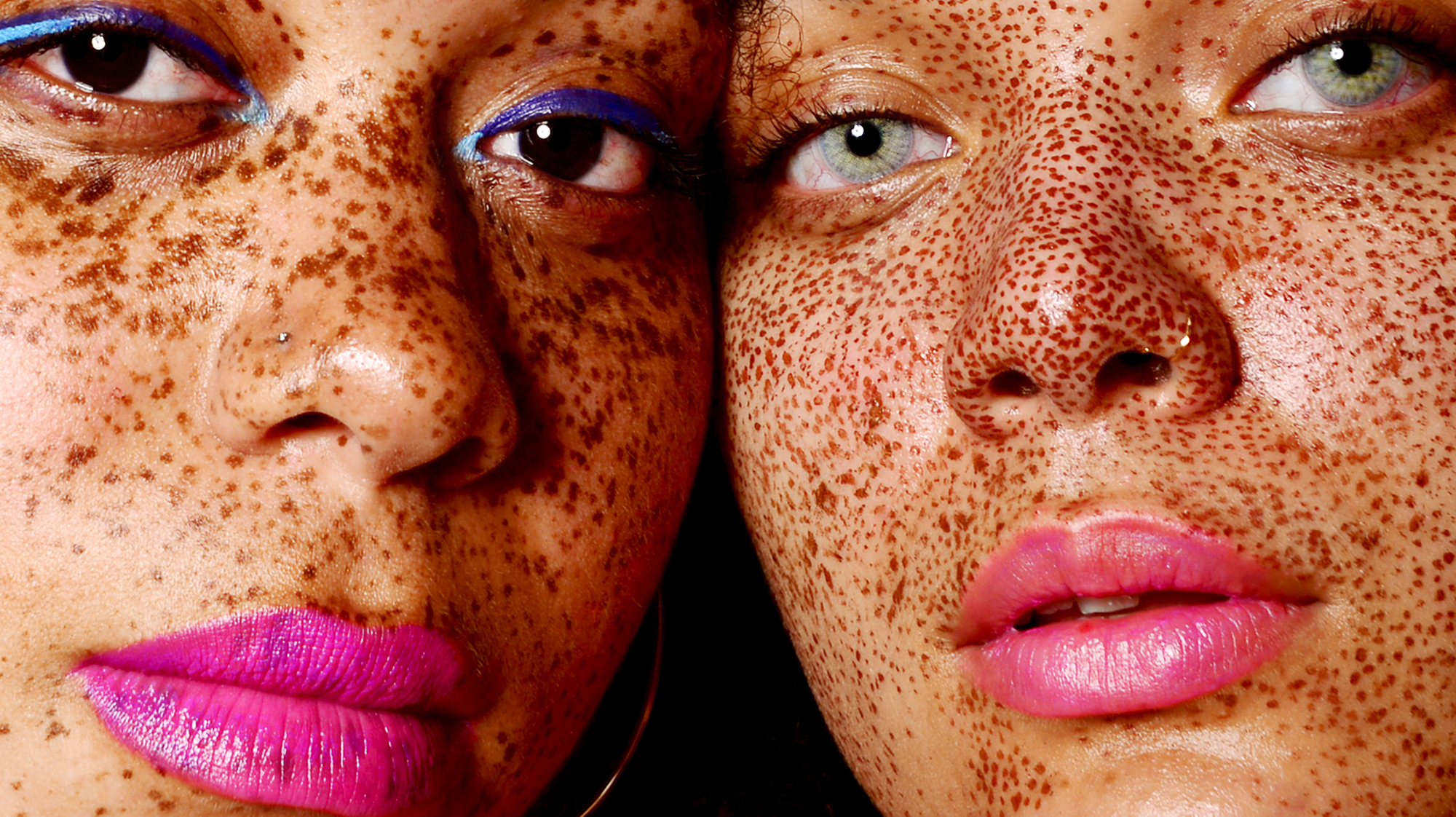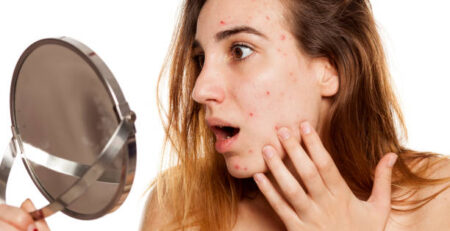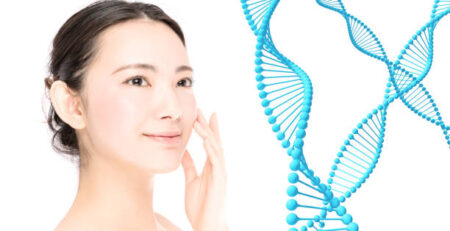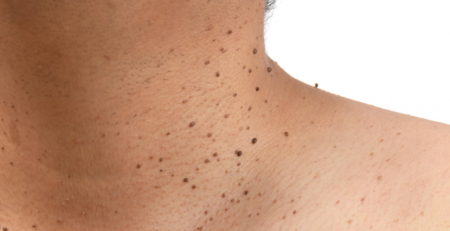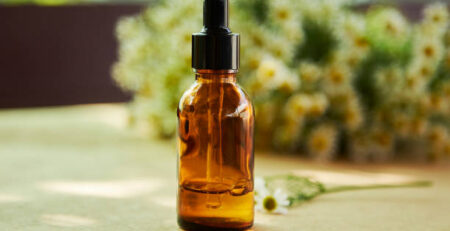HYPERPIGMENTATION – Causes and Cure
Hyperpigmentation is very common on skin of color, as darker skin tones already have a higher melanin content. Burns, bruises, acne, rashes, or other trauma to the skin can cause it to produce more melanin and lead to dark spots.
Hyperpigmentation causes patches of skin to become darker than the surrounding skin. It occurs when the skin produces excess melanin, the pigment that gives skin its color.
Types of hyperpigmentation include
- Age spots also called “liver” spots
- Melasma
- Post-inflammatory hyperpigmentation
Some medications and certain health conditions can also lead to hyperpigmentation.
CAUSES OF HYPERPIGMENTATION
The cause of hyperpigmentation depends on the type. The most common causes are:
- SUN EXPOSURE
The body produces more melanin to protect the skin from prolonged exposure to the sun. This can cause dark spots or patches on the skin called age spots or sun spots.
- SKIN INFLAMMATION
Areas of skin can darken after people have had inflammation of the skin. This can include acne, eczema, lupus, or an injury to the skin. People with darker skin are more likely to develop post-inflammatory hyperpigmentation.
- MELSMA
Darker patches of skin can form when people experience hormonal changes. This type of hyperpigmentation is common during pregnancy.
- REACTIONS TO DRUG USE
Certain medications, such as antimalarial drugs and tricyclic antidepressants, can cause hyperpigmentation. In these cases, patches of skin may turn gray.
Chemicals in topical treatments can also sometimes cause hyperpigmentation.
- MEDICAL CONDITIONS
More serious causes of hyperpigmentation include Addison’s disease and hemachromatosis.
Addison’s disease affects the adrenal glands. It can cause hyperpigmentation in certain areas of the body, including the:
- Folds of the skin
- Lips
- Elbows and knees
- Knuckles
- Toe
- Inside of the cheek
Hemochromatosis is an inherited condition that causes the body to contain too much iron. It can cause hyperpigmentation, making the skin appear darker or tanned.
HOME REMEDIES FOR HYPERPIGMENTATION
It may also be possible to lighten areas of hyperpigmentation using natural remedies. However, there are no large-scale studies in humans to confirm that any of these remedies are effective.
If a person wishes to try a new treatment or natural remedy, they should always try the product on a small patch of skin first and stop using it if it irritates the skin.
NATURAL TREATEMENTS FOR hyperpigmentation:
ALOE VERA
Aloesin, a compound present in aloe vera, may lighten hyperpigmentation. Aloesin works by inhibiting the production of melanin in the skin.
People can apply aloe vera gel from the plant directly to the skin daily. However, no research has directly linked aloe vera to reduced areas of hyperpigmentation, so scientists do not yet know the effectiveness of this technique.
LICORICE
Research suggests that a licorice extract called glabridin can have anti-inflammatory, antioxidant and skin-whitening effects.
People can use creams containing glabridin on areas of hyperpigmentation.
GREEN TEA
Green tea extracts may improve hyperpigmentation. Researchers have long studied green tea for its potential antioxidant and anti-inflammatory properties.
PREVENTION
It is not always possible to prevent hyperpigmentation or stop it from becoming more prominent, but there are some ways to reduce the risk. You can do so by:
- protecting the skin from the sun by using a sunscreen of SPF 30 or higher and wearing clothes that protect the skin
- avoiding picking at the skin after an injury or when there are spots, scabs, or acne
- seeking professional advice before using creams to lighten dark patches, as this can cause reactions
- avoiding skin-lightening products to lighten the overall complexion
CONCLUSION
Hyperpigmentation is often harmless, but people may choose to remove or reduce it. Options include avoiding sun exposure and using removal techniques such as cosmetic treatments, creams, and home remedies.
If a person notices other symptoms alongside hyperpigmentation, you can seek advice from our dermatologist to advise on the best treatment methods.
Visit our Instagram page for more.
https://www.instagram.com/reel/C5PBoFuswU_/?igsh=MzRlODBiNWFlZA==

